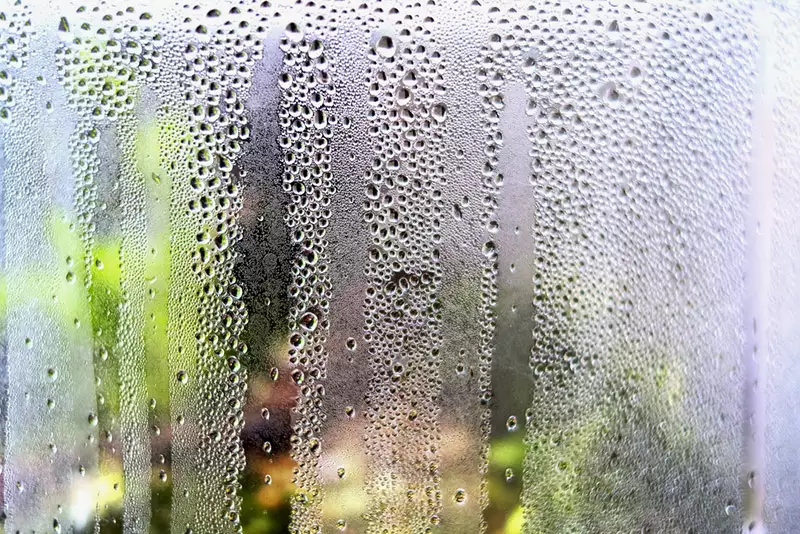The Ideal Indoor Humidity Level: Your Home Comfort Guide
Every home has a humidity level that's ideal for keeping you cool in the summer. When the cold weather hits, and you need to turn on the heat, the humidity level can drop and make you miserable. It can result in dry eyes and itchy skin. Our HVAC professionals can help you find the best way to maintain a healthy humidity level for your home.
What Is the Best Humidity Setting?
Your HVAC system, along with a dehumidifier, should keep the indoor humidity level in your home between 30% and 50%. Humidity levels are higher when it's warm and lower when it’s cold. Adding heat to your home lowers humidity, but many HVAC units include both humidifiers and house dehumidifiers to keep air moisture at a healthy level.
What Problems Occur in High Humidity?
Excess moisture in your home can lead to condensation, which can cause mold or bacteria growth. Your home may develop a mildew odor or musty smell over time. Anyone in your home with breathing restraints, such as asthma or allergies, may suffer more during high humidity. Finally, a humid home will feel muggy in the summer and clammy in the winter. You may notice excess moisture in the air, on windows, and walls. Feeling cold and clammy will cause you to turn up the heat when it isn't necessary, which will use more power and raise your energy bill.
What Problems Occur in Low Humidity
Low humidity can be hard on a house structure. The lumber in your home may crack and you may notice gaps around doors and windows. Your furniture could dry out. Furniture may begin to wobble as the glue in the joints fails due to wood shrinkage.
Dry air can make your home feel chillier and dry out your lips, eyes, and nose. Those with asthma and allergies may suffer more if the home is too dry. You may notice nosebleeds and sore eyes if the air in your home is too dry.
Get Things Checked Today
It is especially important if you wake up with dry skin and eyes, suffer from nosebleeds in the winter, or notice moisture build-up anywhere in your space. High humidity can damage to your home, as can letting the structure dry out too much. Contact us for information on how to monitor and maintain the humidity levels in your home.






